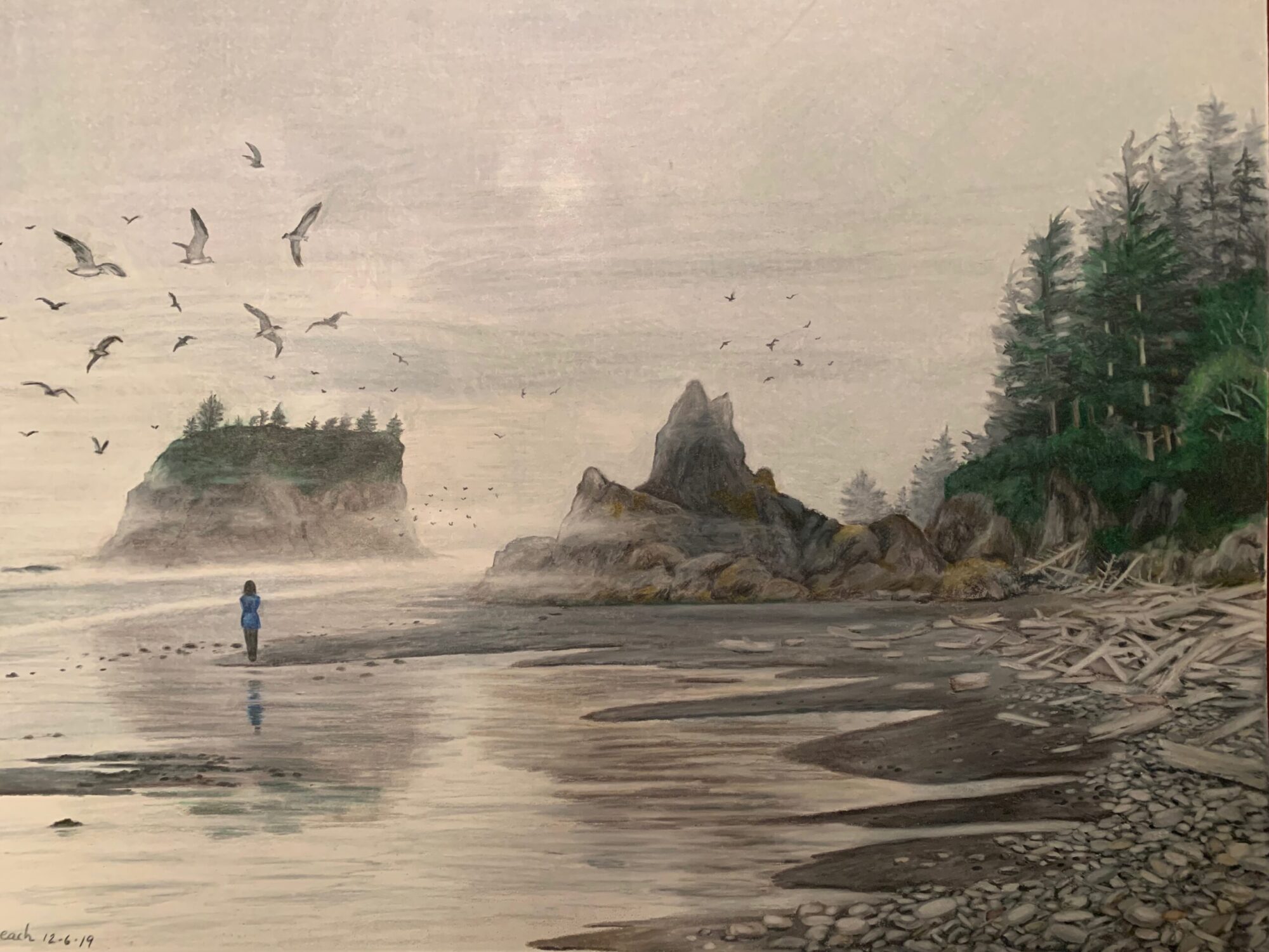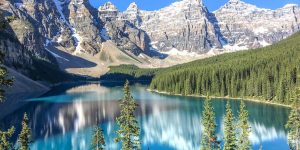A recently published report in Nature entitled “Protect the Last of the Wild” has presented thorough evidence that suggests we are currently in the process of completely losing all wilderness areas around the globe. The report from Watson et al. highlights that over three-quarters of all land on earth, “excluding Antarctica”, has been altered in one way or another by the hands of humans (Watson et al., 2018). This percentage is quite staggering given that only 15 percent of wilderness areas were altered by human industry a century ago (Albeck-Ripka, 2018). It should be noted that wilderness areas, in the context of this study, are defined as areas that “are not subject to direct human use” (Albeck-Ripka, 2018).
The study presents a number of harmful consequences of continued human alteration and modification of wilderness areas. The environmental impact is obviously detrimental and even potentially disastrous. As Albeck-Ripka analyzes in her assessment of the report put forward by Watson et al., wilderness areas “are the only places on earth that have natural levels of biodiversity, and can continue to sustain plant and animal species on an evolutionary time scale” (Albeck-Ripka, 2018). Furthermore, these areas are untouched ecosystems that are crucial in the fight against climate change. Protecting these areas has become increasingly difficult since officials in developing, resource-rich nations have the incentive to extract resources from these areas in an attempt to catch up to their industrialized counterparts (Albeck-Ripka, 2018).
With that being said, Thoreau and Muir would point out that one of the consequences not mentioned in the report is the loss of the relationship between humans and unblemished wilderness areas. For example, one thing that Thoreau and Muir would say is that these areas serve as safe havens for humans when one wants to distance themselves from the day-to-day of the industrialized world. I strongly agree with this hypothetical sentiment given the relationship I have with wilderness areas.
So, what needs to be done to assure that we do not lose wilderness areas forever? Watson et al., advocate for “the establishment of global targets within existing international frameworks — specifically, those aimed at conserving biodiversity, avoiding dangerous climate change and achieving sustainable development” (Watson et al., 2018). Given the trend we are currently experiencing, I agree with Watson et al. and suggest committing to the same aforementioned goals, however, I feel that the creation of a new international framework may be needed to achieve them.
Works Cited:
Watson et al., “Protect the Last of the Wild” https://www.nature.com/articles/d41586-018-07183-6
Livia Albeck-Ripka, “Scientists Warn that World’s Wilderness Areas are Disappearing” https://www.nytimes.com/2018/10/31/world/australia/australia-wilderness-environment-gone.html?rref=collection%2Fsectioncollection%2Fscience&action=click&contentCollection=science®ion=stream&module=stream_unit&version=latest&contentPlacement=23&pgtype=sectionfront
Photo: https://10hikes.com/top-10-lake-louise-hikes/

